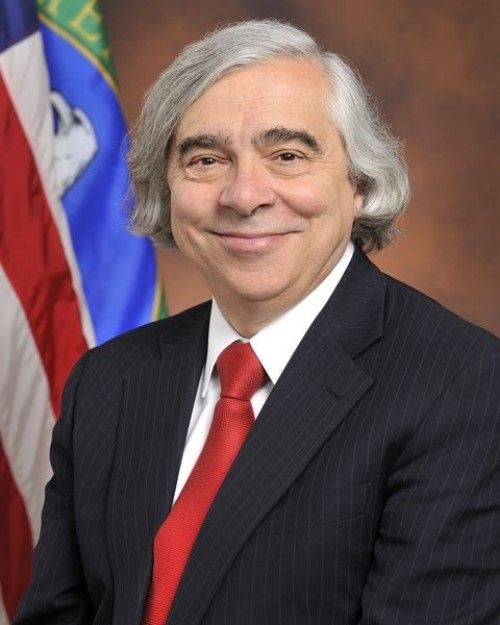AQLI Impact
The AQLI has been recognized in The New York Times as the “gold standard on global air quality research” and by Fast Company as a “World Changing Idea.” Having reached more than 1.1 billion people in at least 20 languages through its extensive media coverage, the AQLI is having an impact around the world. Indian Members of Parliament have repeatedly used the AQLI to justify changes to the Indian Air Act; AQLI data was used in a landmark Indonesian court ruling that found Jakarta’s government needed to do more to protect its people; and, Pakistan’s former environment minister used the AQLI to advocate for carrying out the country’s National Clean Air Policy. International organizations and their leaders have also used the Index to support calls for improvements in air quality, including the World Health Organization, World Bank, United Nations Environment Program and World Economic Forum.






